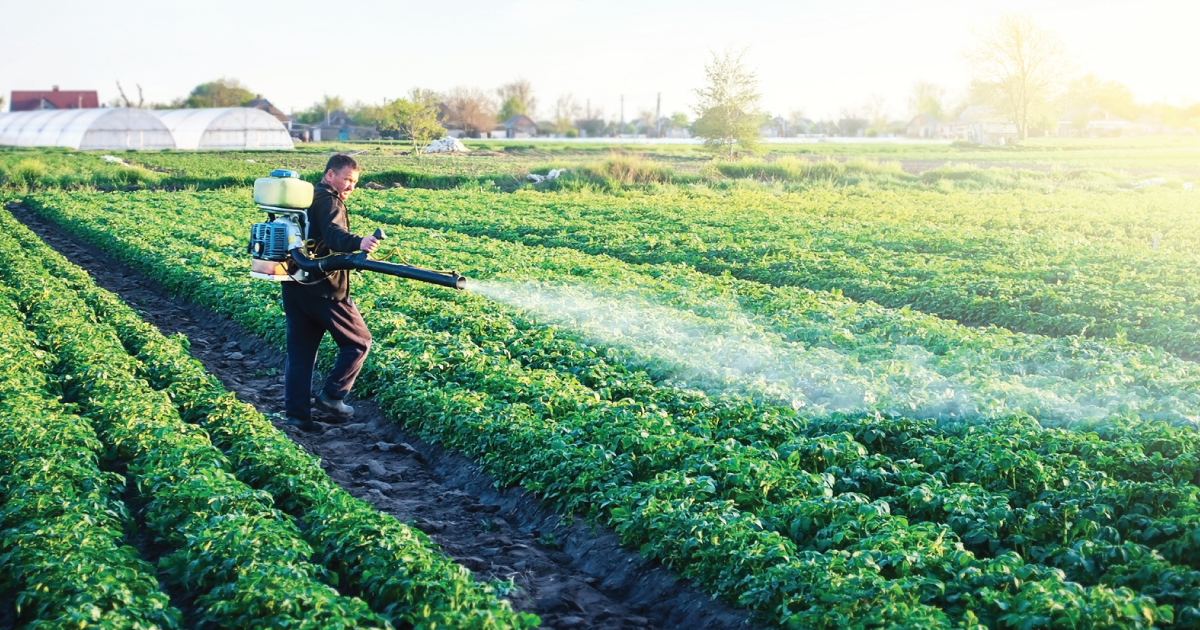
Tell EPA To Ban Antibiotics in Agriculture, Lawns, and Landscapes
Glyphosate weed killers induce antibiotic resistance in deadly hospital-acquired bacteria, according to a new study published late last month in the journal Scientific Reports. This is the latest finding connecting commonly used herbicides to the rise of antibiotic resistant bacteria. Tell EPA and Congress that antibiotic pesticides in agriculture, lawns, and landscapes must be eliminated.
April 1, 2023 | Source: Beyond Pesticides | by
Glyphosate weed killers induce antibiotic resistance in deadly hospital-acquired bacteria, according to a new study published late last month in the journal Scientific Reports. This is the latest finding connecting commonly used herbicides to the rise of antibiotic resistant bacteria. To put this finding in context, antibiotic resistance is rising to dangerously high levels in all parts of the world, according to the World Health Organization. In the May 1, 2022, issue of the Bulletin of the World Health Organization, Samira Choudhury, PhD, et al. writes, “Often referred to as the silent pandemic, antimicrobial resistance claims the lives of over 700,000 people annually.” The authors continue, “A study suggests that if no actions are taken, antimicrobial resistance will cause 10 million deaths per year by 2050 and an economic impact of over 100 trillion United States dollars.”
